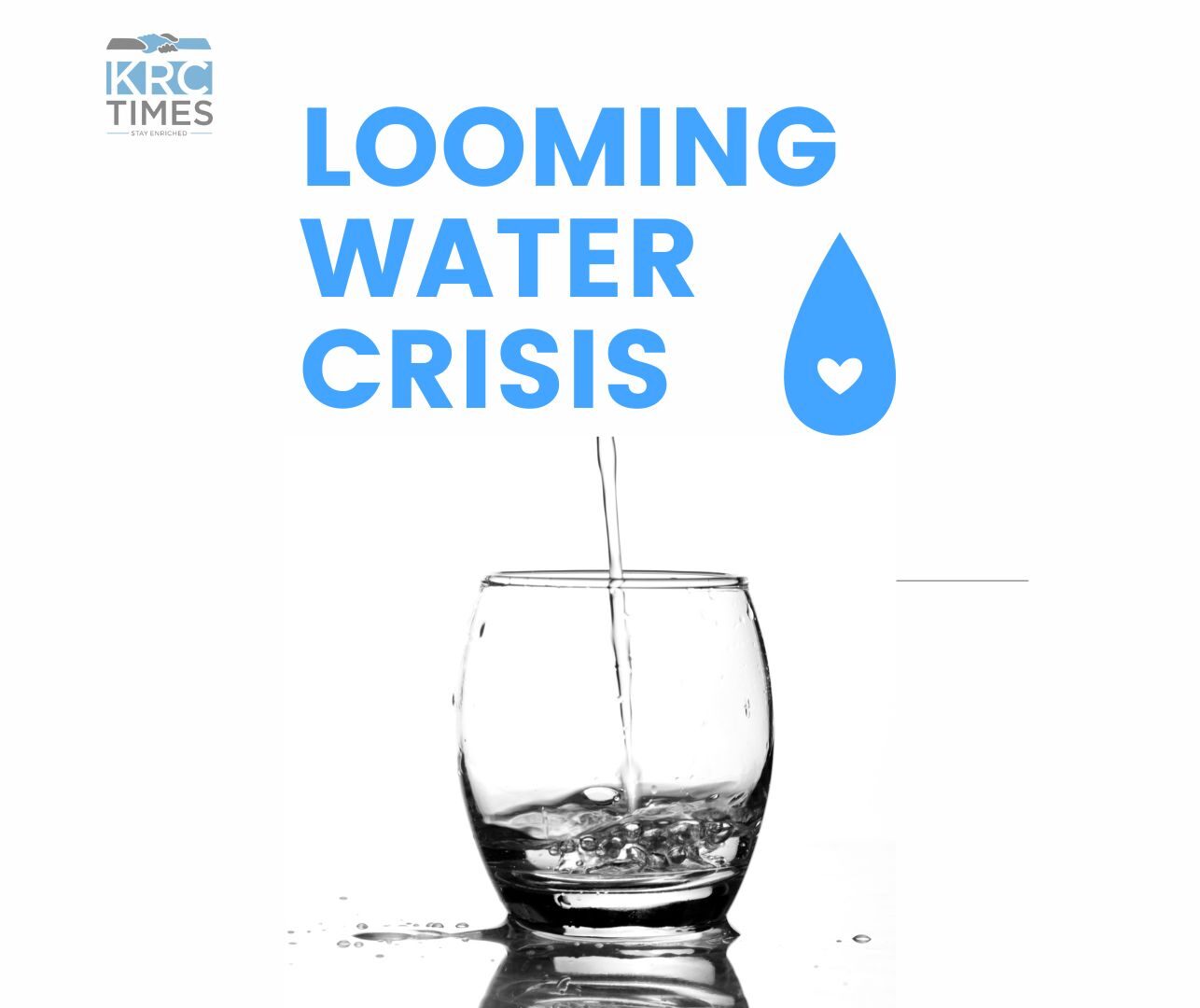As India grapples with a relentless summer, the alarm bells are ringing louder than ever regarding the nation’s water crisis
 KRC TIMES Desk
KRC TIMES Desk

As India grapples with a relentless summer, the alarm bells are ringing louder than ever regarding the nation’s water crisis. As per the Central Water Commission, the live storage in 150 key reservoirs across the country has plummeted to a mere 24 percent of their total capacity. This alarming figure marks a significant 21 percent decrease from the same period last year, highlighting the urgent need for a comprehensive and sustainable water management strategy.
The southern region, encompassing Andhra Pradesh, Telangana, Karnataka, Kerala, and Tamil Nadu, is bearing the brunt of this crisis, with 42 reservoirs in this region currently at just an alarming 14 percent, a sharp decline from last year’s 25 percent and even below the normal 20 percent. This situation not only threatens the agricultural sector, which is heavily dependent on reservoir water for irrigation but also poses a severe risk to drinking water supplies and overall regional stability. The northern states of Himachal Pradesh, Punjab, and Rajasthan also face significant challenges, with 10 monitored reservoirs holding only 28 percent, a sharp drop from last year’s 37 percent and below the normal 31 percent.
In stark contrast, the eastern region, including Assam, Jharkhand, Odisha, West Bengal, Tripura, Nagaland, and Bihar, shows a slight improvement, while Gujarat and Maharashtra and the central states of Uttar Pradesh, Uttarakhand, Madhya Pradesh, and Chhattisgarh also face reduced storage levels compared to last year. The variability across different river basins further complicates the scenario. While the Ganga, Subarnarekha, Brahmaputra, and other northern river basins report better-than-normal storage, critical southern basins like Krishna, Cauvery, and the east-flowing rivers between Pennar and Kanyakumari are experiencing severe deficiencies.
India stands at a critical juncture where immediate and sustained action is important. Efficient water management practices, investment in water-saving technologies, and a paradigm shift towards sustainable usage are crucial. Policymakers, communities, and stakeholders must collaborate to address this crisis head-on. The scorching summer is a stark reminder of the fragility of our water resources and the urgent need for a comprehensive and sustainable approach to water management.
Promotional| Connect with KRC Foundation




